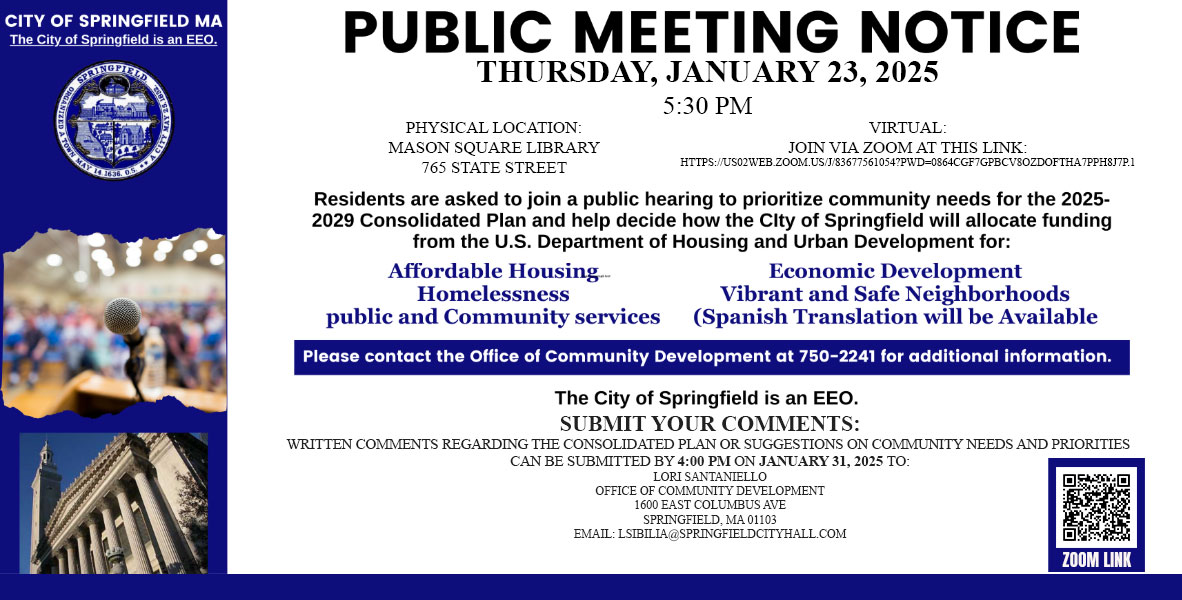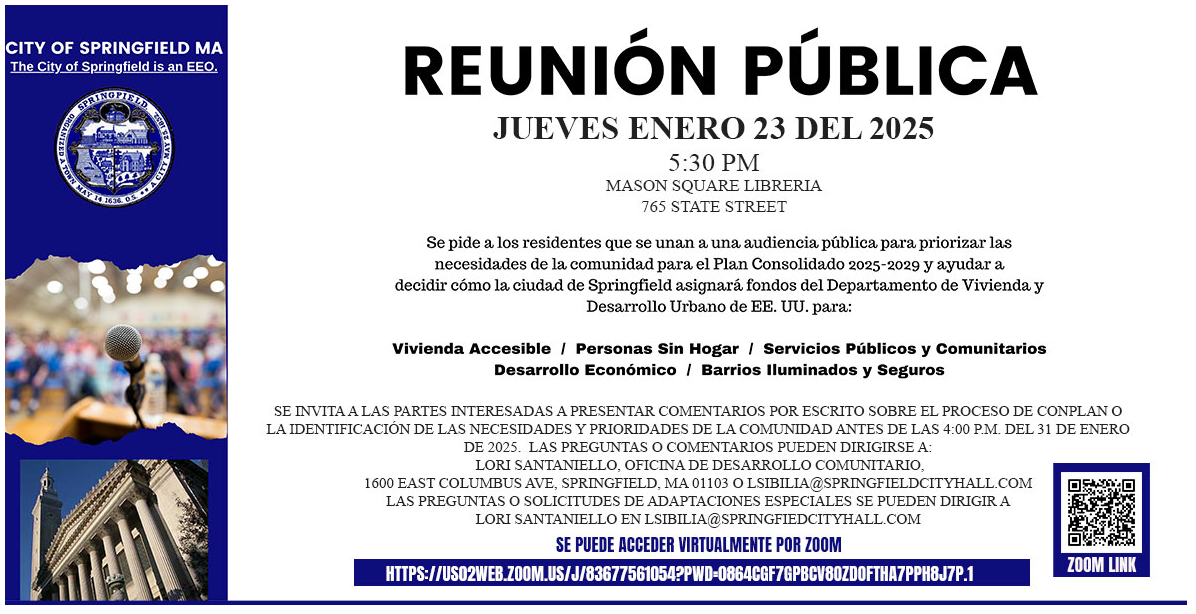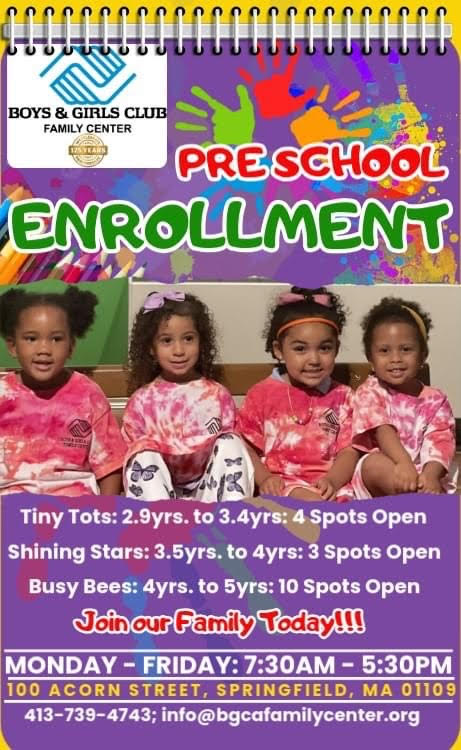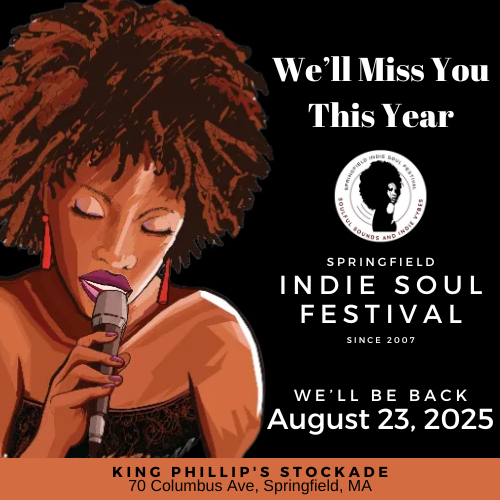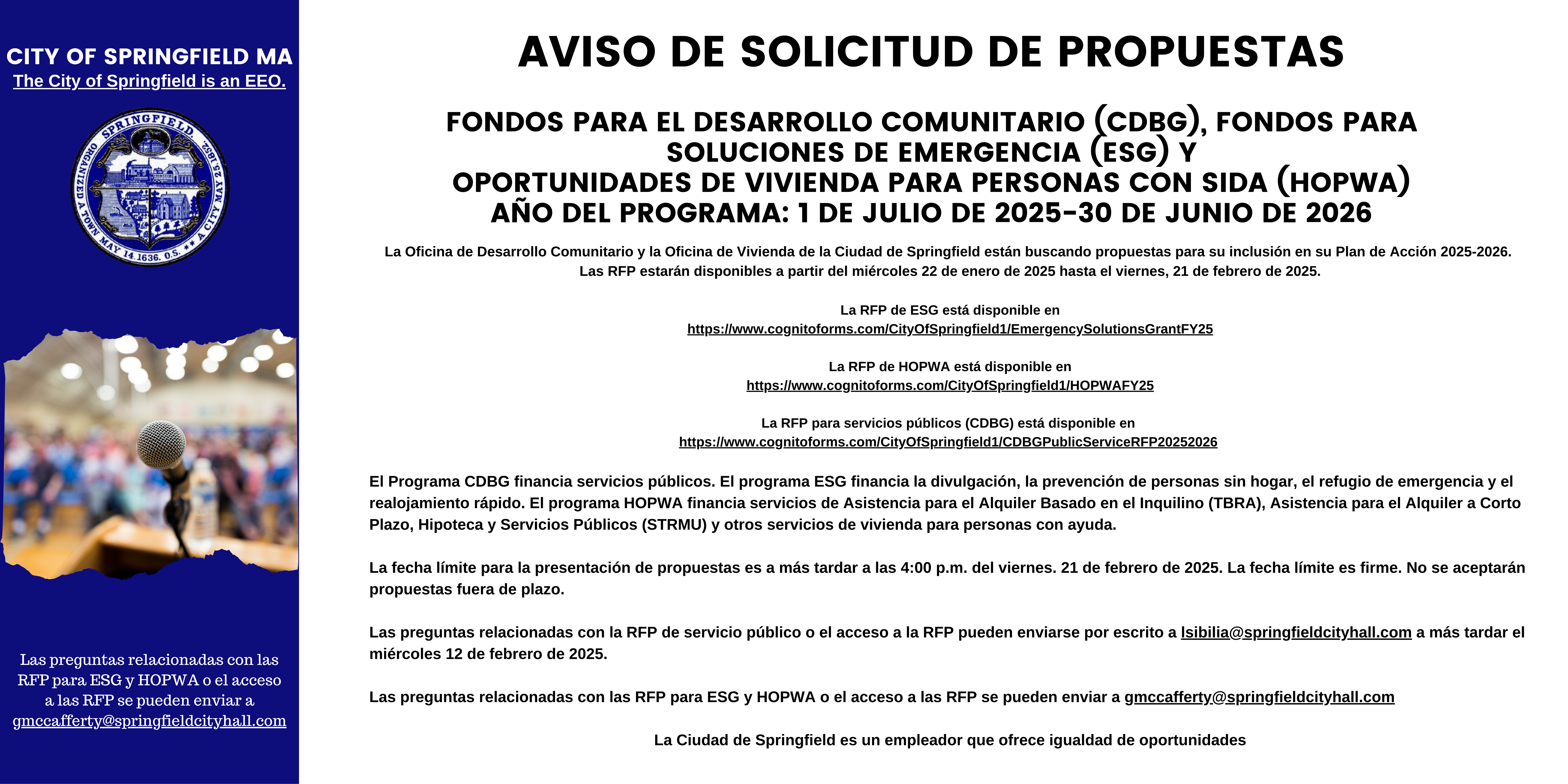By: Jesse Bennefield

More than a month after the memorial service of the late Raymond Jordan, we find ourselves in our sub-pockets throughout the city, heavily engaged in thought over a multitude of topics concerning the local trailblazer: his legacy, his devotion to his work, the power vacuum created by his departure, and the path forward for African Americans in Springfield.
While though there are endless great things to write about the Barracuda’s contributions to Springfield, his legacy is cemented already in so many ways, and the principal location of his legacy is not the new senior center bearing his name on the outskirts of Blunt Park. The principal location of the barracuda’s legacy is in his people—the lives he saved, the lives he inspired, the jobs he created, the housing he provided.
Ray’s legacy, as I said, is forever cemented. So I won’t focus this piece on that. Instead, in the spirit of Ray’s work ethic and the way he approached initiative after initiative, I choose to look forward. I hope readers join me by using this solemn moment of great loss to take inventory of Black Springfield’s trajectory in politics and activism, so that we may chart a timely and applicable path forward.
Gratefully, for myself and every other upward-progressive Black resident of the city, we as a people don’t have to absorb any deficit or loss related to our continual collective drive forward after the Barracuda’s passing. Fortunately, we had a leader who laid in wait—a strategically placed “ace in the hole”, so to speak; a man appropriately prepared for the leadership required by this moment. In order to illustrate this point, let’s consider the dynamic between what I refer to as Black Springfield’s “BRB”—Ben, Ray, and Bud (Benjamin Swan, Raymond Jordan, and Bud Williams). BRB, succeeding one another only by age and the urgency of their time but never immediately by office—these elected representatives (with the help of others) have collectively designed and implemented policies and strides for civil rights impacting Springfield’s Black community for the past half century. The dynamic between BRB is such that they are sometimes seen as competitors, other times they are seen as collaborators, and most of the time they’re seen as Black Springfield’s elders. And while though viewing these figures through any of those lenses would reveal pockets of truth, it pales in comparison to what these men actually are to Black Springfield—they’re our most visible Use Case for generational progression. In order to truly understand the dynamic and interplay between BRB, we can’t think of them as peers, contemporaries of one another, or any of the other things they ultimately became to one another; we must think of them as distinct generations unto themselves, as the dynamic between BRB encompasses different generations of population as well as different generations of thought. Not only has Bud Williams had the opportunity to learn from his mentors, he also influenced them and has had the opportunity to serve alongside of them. So as we collectively mourn the passing of a local hero who amassed a national profile and enriched the legacy of Black Springfield during his lifetime, we must also be cognizant of Bud and other capable beneficiaries of Ray’s work—elected and unelected, who are left in the wake of his passing, ready to bridge past generations to present.
Black Springfield, recent issues between some members of the City Council and the Mayor aside, has come a very long way since the time when a teenaged Buddy Williams contemplated his inability to work as a retail cashier at Steiger’s downtown, given his dark skin and the Jim Crow-esque sentiment entrenched in the City’s culture at that time. Over the years as Black Springfield made progress via local and statewide pushes for civil rights, the career prospects for Bud and people like him changed. Through that work and subsequent drives that emerged from Ray Jordan’s strategy apparatus and political influence we were also able to extend much of the support that laid the foundation that comprises the success and mobility of the Puerto Rican community in the region—a testament to the way in which our leaders viewed the longevity of our gains through the sharing of them with other groups. Today I believe we all share the same hope for the prospect of continuing to collaborate with other groups in genuine ways with our history and interconnectedness in mind. A state delegation who can collectively organize to support and celebrate the allocation of government funds to standup (16) new businesses all owned by a particular race can also collaborate to such an end with the only Black representative of the Western Massachusetts delegation to leverage such an opportunity to tackle some of the employment and economic challenges that are endemic to us. As a community we must be increasingly aware of our needs as we enter into election season for statewide offices; a biannual moment when incumbent politicians outside of our community seek our increasingly powerful vote by reminding us of which (often few) causes and initiatives specific to us they have supported. All we need to do to determine their worthiness of our vote is to compare the ways they have legislatively and financially supported us to how they’ve legislatively and financially supported others—should that support be anything less than equal, we better take notice now that they’ve shown us who they are and what they will do.
Despite the challenges in our communities across the state, according to a national study, “States with The Highest Political Engagement Among African Americans”, Massachusetts is ranked 5th nationally. (McCann, 2020). Our movement constricts and expands, predicated not on the size of our population, but the successful penetration of its ideals and vision into the fabric of American society. To that end, Black equity activism now intersects with nearly every segment of U.S. society, despite our population size. That is precisely what our movements were designed to do—challenge and disrupt oppressive status quos through ideals and causes. Such is why so much progress has been achieved since the 1960s while having minimal Black representation at the table; the “lone Black person in the room” statuses that so many of us know all too well, have cumulatively driven us and our movements forward. That’s to say—although we may not be among the majority of folks in the room, we have arguably done more with simply having one, than any other race. In fact, we’ve been so successful with the ‘lone Black in the room’ scenario, that on many occasions today, the ideals and principles of our movements embed and shift social/political agendas, without any of us being in the room, or at the table at all. We see examples of this during sessions at the School Committee level nationally, where some all-white governing bodies resist the implementation of racist curriculums. We saw this during the last Black Lives Matter wave, where majority white (and in some cases all-white) affluent communities held their own BLM rallies and public events. The pervasiveness and relevance of the Black conscience is not determined by how many of us we can organize, but by how many folks from other hues and backgrounds we organize. And to that end, we’ve done one hell of a job. We’re doing one hell of job. But important transition work is at-hand, and locally—in Black Springfield, we are no exception to that work. We lost a local icon in Raymond Jordan, the ‘barracuda’, but his apparatus and vision will drive forward just as our national movement has done, after the passing of our national icons during the 1960s.
And on par with today’s national trend, power in our communities here in Springfield is becoming decentralized in the same way our new social movements are. There will never be another Raymond Jordan in Black Springfield, so we must not waste precious time jockeying to ordain one— there will be several. What’s most important now, before we decide “who will be next”; we must decide “what will be next”. As a people we are smart to already understand that when you put people in positions—you stand to be betrayed, but when we place causes in positions, we increase our chance for successful outcomes. We need leaders more concerned with the progress of all of us than they are concerned with the progress of themselves. We need leaders who are not only unafraid but proud to lead causes specifically for Black people— having recognized and being able to effectively communicate that when the historically disadvantaged among us receive equality of opportunity today, all of our futures stand a greater chance to be better. Our next leaders must have the capacities to not only understand and solve for the things that challenge: Lack of access to mental health services, accessible home care resources for our aging parents, affordable education, and housing security; but our next leaders must also have what’s required to help us obtain the things we aspire to have for ourselves now, without suggesting that we sit back and wait for succeeding generations to achieve them: Financial success, homeownership, progressive careers, access to counseling services so that we can have stronger relationships, equality of opportunity—and at least a similar offering of these things, but preferably an even better one, for our children and younger relatives who hopefully never have to live a life without them. While we all may not yet know who all these leaders are, we can rest assured that they exist in Black Springfield. I personally know that to be true. Our next leaders will be more concerned with expanding what we’ve got than they are with replacing it; our next leaders should not only understand the Ben-Ray-Bud dynamic and what was accomplished because of it, but they should have an immense amount of respect and gratitude for it. Next generation effective leadership doesn’t seek power to hold it for themself, but to share it. What we are now all so desperately saying locally and nationally at the same time is, enough with ‘one in the room’. Enough being forced to go to the solely elected Black leader for help with funding our business or nonprofit. This transition post Ray Jordan’s passing for Black Springfield meets the beginning of an era where decentralized power and peer governance is composite of the current iteration of Black social justice and political movements.
Post Ray Jordan, and not only because of his passing, but most certainly heightened by it, we face steep challenges. The kind of challenges that require hopeful visions and the making of ‘good trouble’. There are those among us who see one of these challenges (the tragedy of Orlando Taylor and the way it exposed Black male mental health) and collaborated with Darryl Moss’ Afro Renaissance to present a solutions based panel discussion (Black Men and Mental Health series “Invisible” @PAHMUSA Museum). The AD Mental Health Association has launched an intake platform that enables us to go directly to their website, www.admha.org and refer a patient. This kind of solution-based work, without any of the drama, is exactly what the challenges of our day require of us.
In an admittingly greedy way, I wish Raymond Jordan could be around for one more election cycle—the one that we are upon now. Yet I realize what I really yearn for right now, is someone from our community with the ability to hold those in office who harm or overlook us accountable. Someone who spots the ways how leaders from outside of our community wait until election season rolls around to support our new candidates vying for office over those we’ve already elected to serve us. Election season should not be the first time during a politician’s term when we see them rally for or around Black causes—we should’ve seen it all term long. No. We should feel it all term long, we should’ve felt it in our condition—our access, our opportunities, our pockets. Truth is it doesn’t take Ray Jordan or any other singular person to hold others accountable to our community, we will do it. Just as there are those of us already in elected capacities who vigorously represent us and ensure we’re heard in political realms locally via the city council, we will ensure that our community is heard at the statewide level by our engagement at the polls in November.
We have survived, often we have thrived, especially after great loss since the beginning of our national existence. We currently find ourselves engaged in several struggles all at once—this isn’t new to us; we know it will be hard, we know those of us lucky enough to be working are going to have to do more for our families right now as we navigate a transitioning economy and heightened inequalities. What we should also remember is that while though alliances and advocacy from others who don’t look like us is a critical barometer to gauge how far we’ve come, the true metric of the equality of the opportunities that are extended to us, is how often we’re able to successful advocate for and represent ourselves.
My hope for us is that this September and one more time in November, Black Springfield will be right back at the polls to choose representative(s) from our community who are proud and unambiguous about representing our community.

